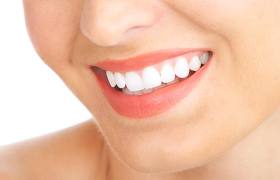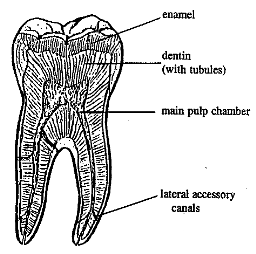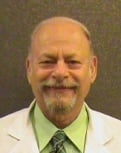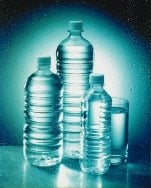Every Cell in Our Body Needs Magnesium
In the human body, magnesium is the eleventh element by mass and about 60-65% of the magnesium is found in the skeleton and teeth.
The remaining magnesium can be found in muscle tissue and cells and only 1% is contained in our blood. The body has high needs for magnesium. Magnesium is required for metabolic functions involving creation of energy ATP and its transport creation of proteins, nucleic acid RNA and DNA in all known living organisms.
Why We Need Magnesium
- Every single cell in the human body demands enough magnesium to function.
- Strong bones and teeth, balanced hormones, and healthy nervous and cardiovascular system as well as functional detoxification pathways depend on cellular magnesium.
- Magnesium works in concert with calcium to regulate electrical impulses in the cell. Magnesium concentration inside a healthy cell is 10 times higher than calcium.
- Magnesium is responsible for relaxation and is crucial to the healthy functioning of our parasympathetic nervous system.
- Magnesium deficiency is involved in many diseases from ADD, Alzheimer's, autism, autoimmune disorders, dental decay, and depression to osteoporosis, stroke, obesity and the list keeps growing.
The Problem with Magnesium
Unfortunately it is difficult to reliably supply our bodies with sufficient magnesium even from a good balanced whole food diet. In modern agriculture the presence of widely used NPK fertilizer has an antagonist affect with magnesium in the soil. Magnesium and other nutrients are diminished or lost in produce after harvest, refrigeration, transport and storage, even if all steps were done properly. Food processing can cause excessive loss of magnesium in foods. Examples of such processing are milling the whole grains, roasting the nuts and seeds, and cooking the leafy greens. Fluoride in drinking water binds to the magnesium and creates an insoluble mineral compound that will be deposited in the bones.
.png?width=305&height=132&name=NIHAlogoBLUE_3_transparent%20(2).png)









